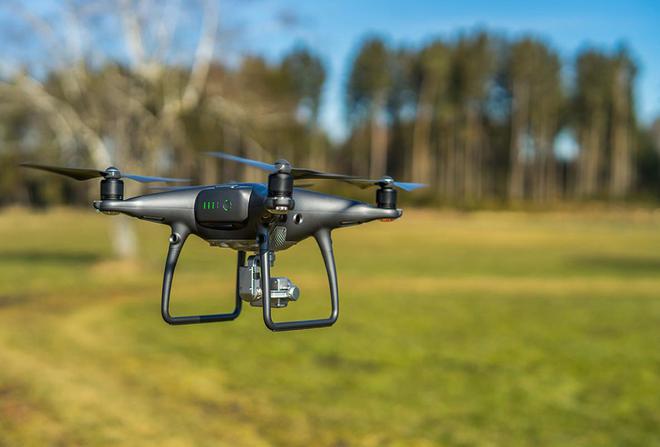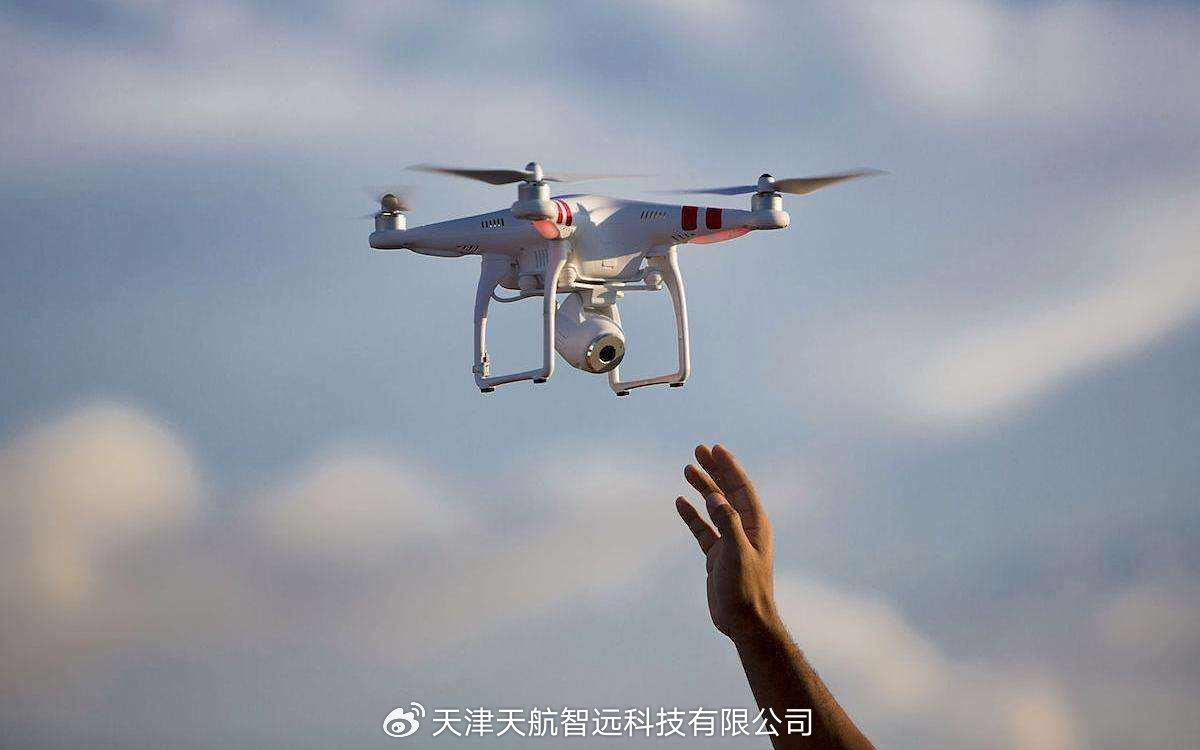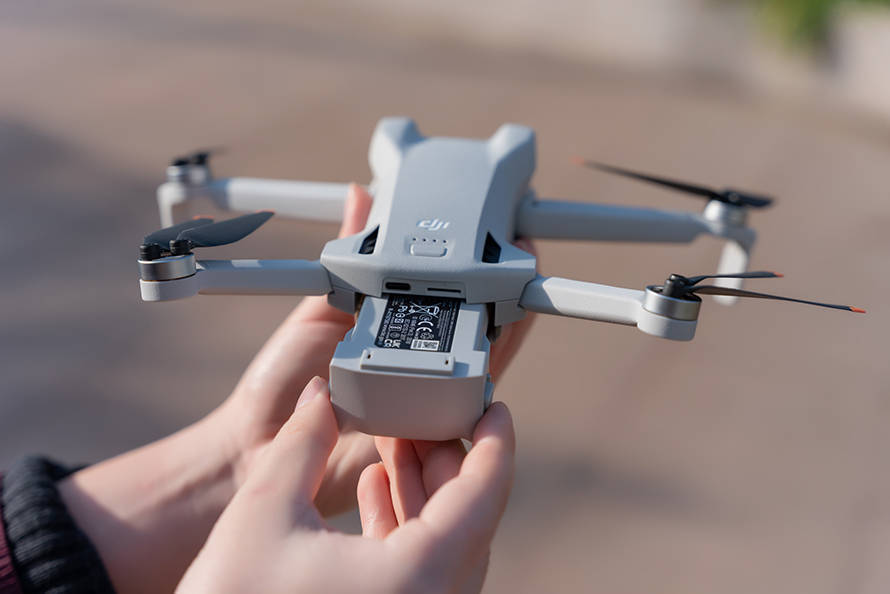As technology continues to evolve at a rapid pace, drones have become a transformative tool across a wide range of industries. Whether you are an aspiring aerial photographer, an agricultural specialist, or an enthusiast aiming to break into the field of drone piloting, earning a drone certification can unlock numerous opportunities. This comprehensive guide will illustrate how becoming certified can benefit your career, detail the steps required to earn your certification, and explore the diverse applications that await certified drone pilots.
Why Pursue a Drone Certification?
Drones have moved beyond being mere recreational gadgets to become essential in fields such as real estate, cinematography, agriculture, and emergency response. Certification not only boosts your credibility but also equips you with the necessary skills to operate safely and effectively. A well-recognized drone certification can help you stand out in a competitive job market, giving potential employers and clients the confidence in your capabilities.
The Value of Certification
Certification assures that you have a comprehensive understanding of airspace regulations, weather impacts on flight, and proficient operating practices. This knowledge is critical, especially when you’re working in crowded or restricted airspaces. Moreover, certified drone pilots are in high demand for roles that involve precision tasks such as infrastructure inspections, geomapping, and wildlife conservation efforts.
Steps to Achieve Drone Certification
To embark on this journey, one must familiarize oneself with the different types of certifications available. Most countries or regions have specific guidelines and institutions that offer certification tests. For instance, in the United States, the Federal Aviation Administration (FAA) provides the Part 107 certification, which is required for commercial drone operation.
- Understand the Requirements: Before starting your training, make sure you meet the age and language proficiency prerequisites. This typically involves being at least 16 years old and possessing a certain level of English comprehension.
- Study:
 Utilize online courses, manuals, and training sessions provided by certified organizations. Focus on topics such as airport operations, safety procedures, and airspace classifications.
Utilize online courses, manuals, and training sessions provided by certified organizations. Focus on topics such as airport operations, safety procedures, and airspace classifications. - Practice Test-Flying: Gain hands-on experience by practicing flying in various conditions. This will not only make you more comfortable with your drone but also prepare you for real-world environments.
- Take the Exam: Register for the exam through an accredited testing center. Successfully passing this will award you your drone certification.
Exploring Possibilities with Drone Certification
Once certified, a plethora of career paths await. From capturing breathtaking aerial footage to mapping terrains for construction sites, the potential applications of drones are immense.
- Aerial Photography and Videography: Certified pilots can collaborate with filmmakers or real estate agents to produce high-quality visuals.
- Agricultural Monitoring: Use drones to monitor crops, detect anomalies, and boost agricultural productivity.
- Environmental Conservation: Drones assist in tracking wildlife patterns and assessing natural resources without disturbing the ecosystem.
- Delivery and Logistics: The future of logistics is being revolutionized by drones, making certified pilots valuable assets in this growing sector.

FAQs
What is the difference between a hobbyist and a certified drone pilot?

Hobbyists fly for recreational purposes and do not engage in commercial activities, whereas certified pilots have undergone training and testing to fly drones commercially, ensuring adherence to regulatory standards.
Do drone certifications expire?
Yes, most certifications, such as the FAA’s Part 107, require renewal every two years to accommodate evolving regulations and ensure continuous compliance.
Can certifications from one country be used internationally?
International regulations may vary; therefore, it’s essential to familiarize yourself with the drone laws of the country you plan to operate in and ensure your certification is recognized.
